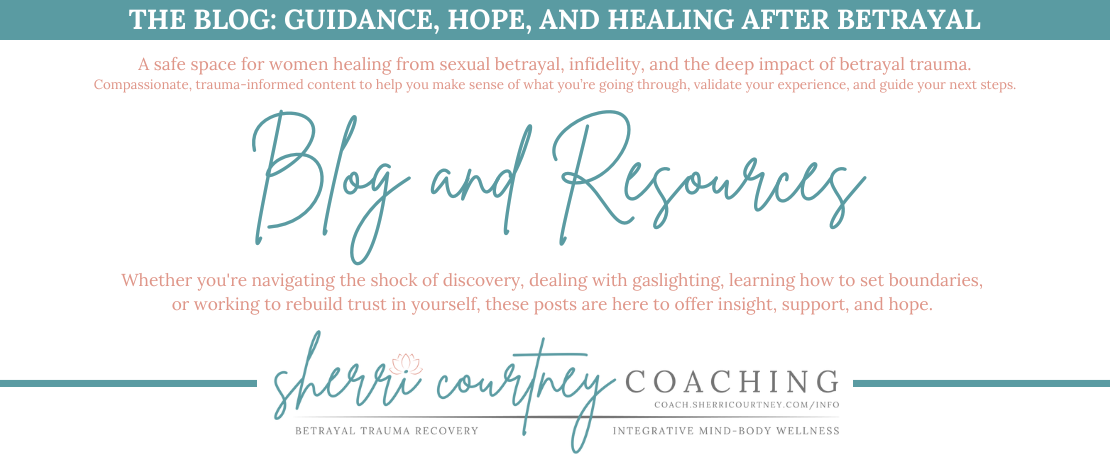The Cycle of Pornography and Sex Addiction:
How it Begins, How it Escalates, and Patterns of the Addiction Cycle
Hidden pornography use and sex addiction aren’t just bad habits. They’re complex cycles rooted in psychological, emotional, and biological factors. Often starting with early exposure or as a way to cope with unresolved trauma, these behaviors can escalate into an unmanageable cycle of craving, acting out, and shame. This cycle doesn’t just affect the person struggling; it also deeply impacts their partners, creating a painful cycle of secrecy, betrayal, and emotional disconnection. Understanding how these addictions develop and recognizing the signs can be the first step toward healing.
The Role of Magnesium in Healing Betrayal Trauma
Betrayal trauma isn’t just emotional. It has a profound impact on the body, particularly the nervous system. The chronic stress, anxiety, and emotional turmoil that come with betrayal can deplete essential nutrients, making healing even more challenging. One of the most overlooked yet critical nutrients in this process is magnesium. Magnesium plays a key role in stress regulation, neuroplasticity, muscle relaxation, and detoxification, all of which are essential for healing from betrayal trauma. Deficiency in this vital mineral can lead to increased anxiety, poor sleep, muscle tension, and emotional overwhelm—making healing feel even more difficult. Learn how magnesium supports the body and mind in trauma recovery, the best ways to supplement, and why maintaining optimal levels can be a game-changer in your healing journey.
Why the Lies? Understanding the Neurobiology of Lying, Deception,
and Denial in Hidden Pornography Use and Sexual Addiction
Lying, deception, and denial are painful realities for partners of those struggling with pornography and sexual addiction. While these behaviors feel deeply personal, they are actually rooted in the brain’s neurobiology—designed to protect the addict from shame, guilt, and consequences while reinforcing the addiction cycle. Understanding how the brain’s reward system, impaired impulse control, cognitive dissonance, and emotional detachment contribute to habitual lying can help you see that his deception is not a reflection of your worth. Instead, it’s a neurological and psychological defense mechanism that keeps the addiction in place. Learn why addicts lie, how deception becomes automatic, and what it takes to break the cycle so you can stop internalizing his actions and focus on your healing and boundaries.
WHAT MY CLIENTS ARE SAYING!
I love reviews! They are PROOF that WOMEN JUST LIKE YOU are getting
the HEALING they need and RECLAIMING THEIR LIVES.
Listen as my clients share their journey and how they found safety, strength and connection through my small group coaching program.
Safety • Validation • Education • Connection • Support
Healing happens in community.
Betrayal trauma is one of the loneliest and most isolating experiences imaginable. You don't have to go through this alone. Find hope and healing in my Betrayal Trauma Community Forum.
CONNECT WITH ME



